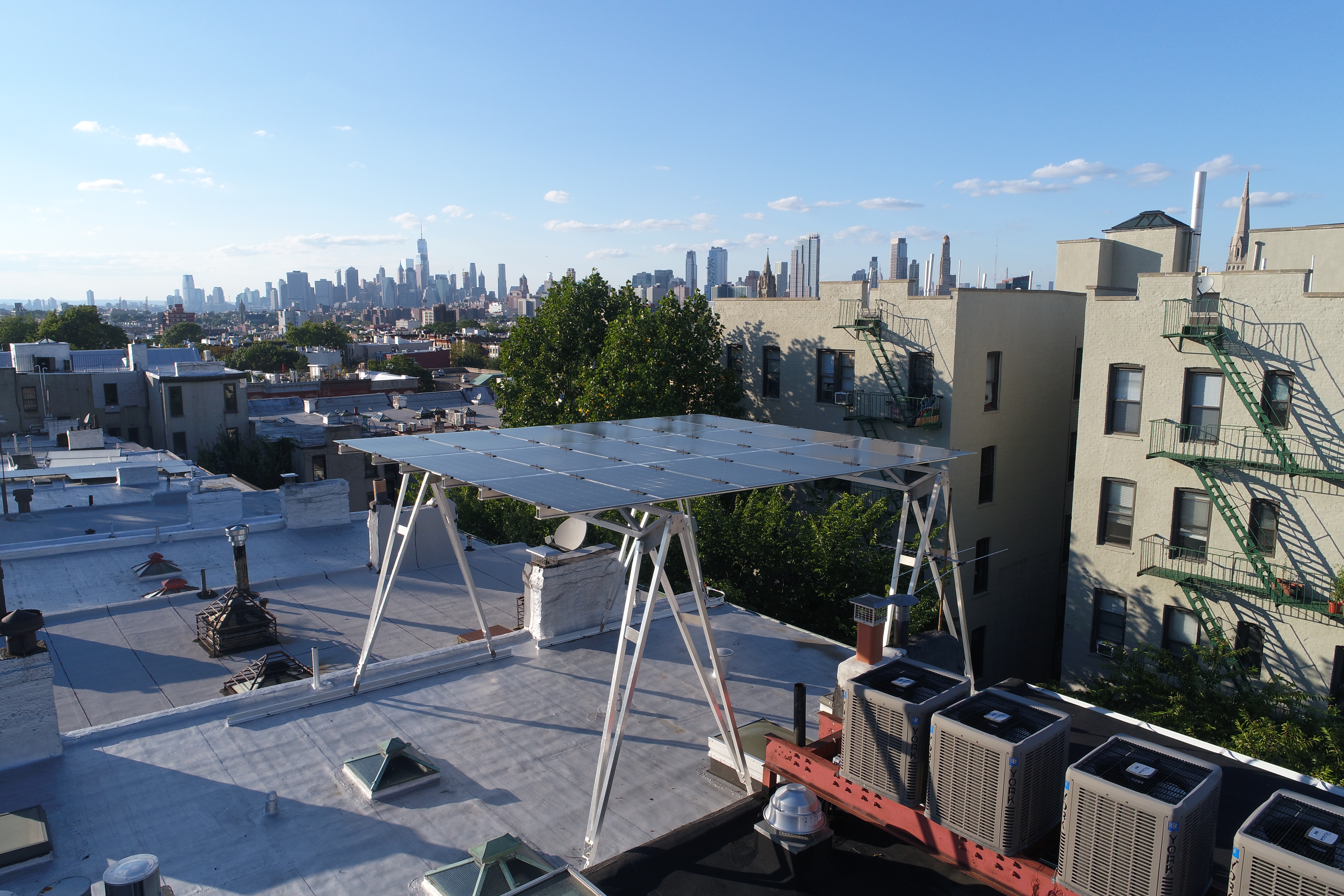New Fed Chair: RE Market Not Bubblicious
The new Fed Chairman, Ben Bernanke, does not think there is a real estate bubble, arguing in testimony before Congress last month (sorry, better late than never) the price increases over the last couple of years reflect strong economic fundamentals: House prices are unlikely to continue rising at current rates…[However] a moderate cooling in the…

 The new Fed Chairman, Ben Bernanke, does not think there is a real estate bubble, arguing in testimony before Congress last month (sorry, better late than never) the price increases over the last couple of years reflect strong economic fundamentals:
The new Fed Chairman, Ben Bernanke, does not think there is a real estate bubble, arguing in testimony before Congress last month (sorry, better late than never) the price increases over the last couple of years reflect strong economic fundamentals:
House prices are unlikely to continue rising at current rates…[However] a moderate cooling in the housing market, should one occur, would not be inconsistent with the economy continuing to grow at or near its potential next year.
Bernanke he has argued for a long time that the Fed should respond to rising or falling prices for stocks, real estate or other assets only if they are affecting inflation or economic growth in an undesirable way. Thus, as The Washington Post points out, he would advocate cutting interest rates if a reversal in the housing market sharply dampened consumer spending, triggering job losses or a fall in inflation to very low levels.
Bernanke: No Housing Bubble [Washington Post]





Do people always have to answer and ignore the context. I said you would breakeven in terms of inflation if the price rose to $250,000. The main point was that a portion of price “gains” are merely a function of the value of money declining. True, many areas have seen larger price gains. House prices are driven by inflation and also by overall levels of income. Real incomes have risen by a large amount over the past 92 years, so of course home prices are higher in real terms. Please get a life.
If I purchased a home in 1913 for $10,000 in 1913, wouldn’t it be worth far more than $250K in most places today? Hell, in the parts of Brooklyn we talk about here, there’s been more than 25-fold appreciation in a few decades, let alone 92 years.
If I purchased home in 1913 I’d be long dead.
Bernanke is concerned by many people in Washington to be an expert about monetary economics. What a joke! This guy is on record believing in the Philips Curve. Just another hack economist to run an institution that has driven down the value of the dollar by 96% since its inception in 1913 (i.e., the dollar today is worth 96% less than in 1913 when the Fed was established). To put that into terms that most people can understand: if you purchased a home for $10,000 in 1913, you would breakeven in terms of real value if that home sold for $250,000 today. Central banking = central planning = big scam. The King is dead (Greenspan), long live the King (Bernanke).
Ridiculous thing is that the 20th century showed that central planning was a complete failure (e.g., Soviet Union and every other communist country). Why, then, do people listen to the pronouncements of the remaining central planners? (i.e., *central* bankers, who centrally plan the supposed correct interest rate for the entire economy).
Great, but I still don’t see these fantastic fundamentals – where are the giant wage increases (not counting Wall St. bonuses)? That’s really the key. I am an attorney and when I graduated from law school 5 years ago, people at big firms were making 125K a year. In most instances, that’s still the base (with a few exceptions where they have raised that 10K or so). Bonuses, some of which have gone up, are never guaranteed and in the case of lawyers, tend to go to loans until they’re paid. There’s been no real wage increase there that I can see, and that’s just one example.
Also, what kind of job growth? That’s such a generic term – are there more doctors, bankers and lawyers out there? Or are they talking about all the new real estate brokers? Or maybe McDonald’s has more employees? Very different careers, very different salaries – some might support the prices, but no McDonald’s employee is buying a Brooklyn brownstone. No one ever elaborates on such comments, which makes me suspicious. It’s even worse when the person failing to elaborate is the chairman of the Fed.